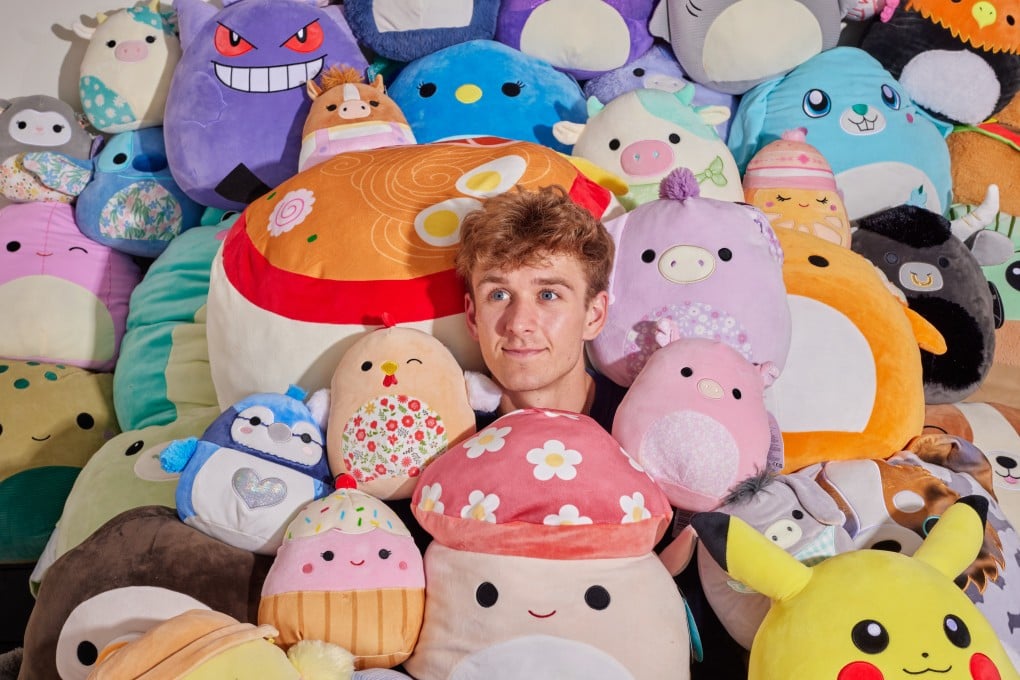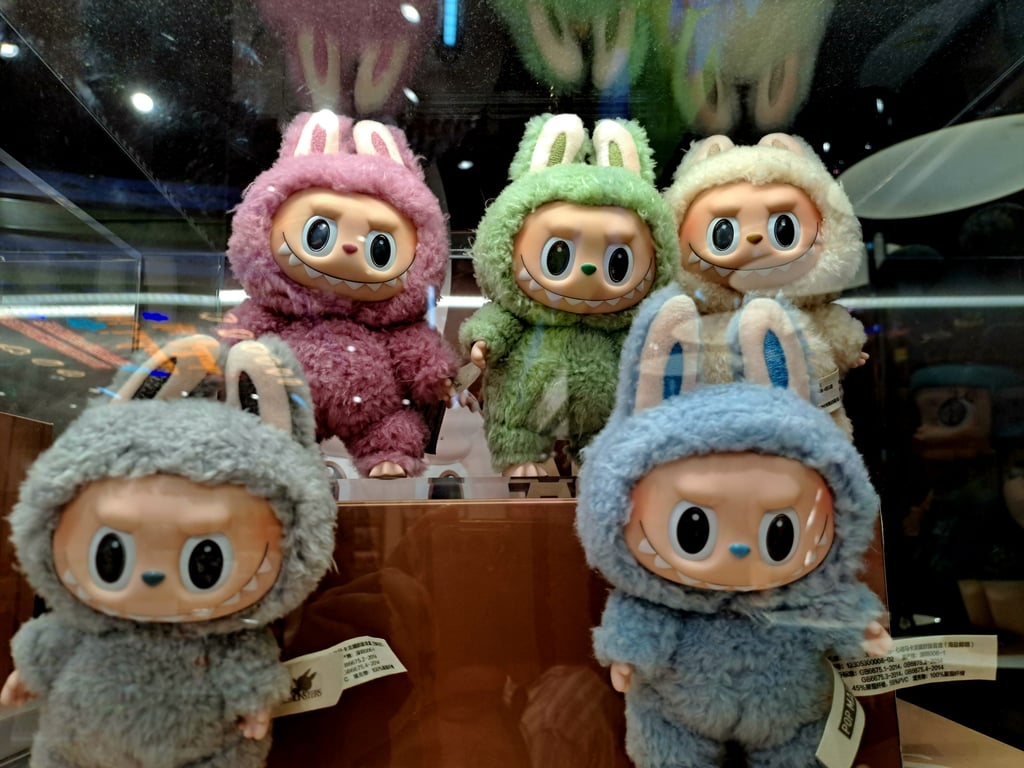Jellycat and Squishmallows purchases by millennials, Gen Z are boosting soft toy market
The soft toy industry’s most important consumers are not toddlers, but millennials and members of Generation Z. Experts examine why

Gen Z and millennials’ love of soft toys is bringing some cheer to the toy industry.
Young adults adore their stuffed animals, whether they are hanging onto the battered old ones from their childhood, buying a viral 5ft (150cm) goose on TikTok Shop, or spending a premium to add to their collections of Squishmallows.
This comes amid struggles for the toy sector.

A report by the market research company Circana found that toy sales across the G12 nations – including Australia, Germany, the UK and the United States – declined by one per cent in the first half of 2024. That was an improvement on the eight per cent decrease in 2023, which Circana credited to purchases made by adults for themselves.